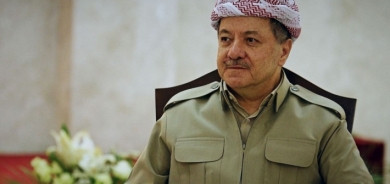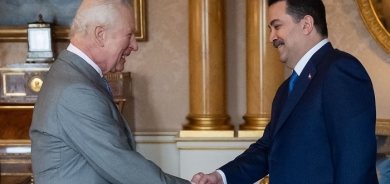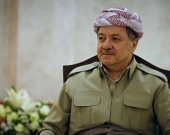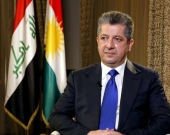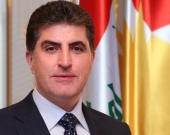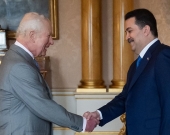Nobel Laureate Muhammad Yunus Agrees to Advise Interim Government in Bangladesh

In the wake of massive protests that have led to the resignation of Bangladesh's long-time Prime Minister Sheikh Hasina, student leaders have announced that they prefer Nobel Peace laureate Muhammad Yunus to serve as an adviser to an interim government, rather than having one led by the military.
Yunus, renowned for his groundbreaking work in microfinance through the Grameen Bank, has confirmed through his office that he has accepted the advisory role. Despite being currently in Paris, Yunus expressed his readiness to contribute to stabilizing the situation in Bangladesh, a nation that has witnessed significant turmoil over recent weeks.
The call for Yunus’s involvement comes amid a backdrop of political upheaval. On Monday, General Waker-Uz-Zaman, Bangladesh’s army chief, announced plans for forming an interim government but did not specify its leadership. The dissolution of parliament by President Mohammed Shahabuddin followed shortly, fulfilling a primary demand of the protesters.
The protests, initially sparked by dissatisfaction with civil service job quotas, escalated into a broader movement against the government. These events resulted in the deaths of nearly 300 people and injuries to thousands more. The demonstrations culminated in Hasina’s resignation after 15 years in power, with reports indicating she has since fled to India, possibly seeking further refuge in London.
Nahid Islam, a prominent organizer within the student movement, emphasized the protesters' demands for a civilian-led interim government. “Any government other than the one we recommended would not be accepted,” Islam stated, underscoring the importance of Yunus's role in this transitional phase.
Yunus’s potential leadership role carries significant weight, given his international stature and the moral authority he commands in Bangladesh. However, his position is not without controversy, as he faces legal challenges at home, having been indicted on embezzlement charges in June—a claim he denies.
Meanwhile, the political landscape in Bangladesh continues to evolve rapidly. Former Prime Minister Khaleda Zia, Hasina's political rival, has been released from prison following a decision by President Shahabuddin. Zia's release, alongside other political detainees, marks a significant shift in the nation's political dynamics.
As Bangladesh navigates this critical juncture, all eyes are on Yunus and the student leaders, who are set to meet with General Waker-Uz-Zaman to discuss the future course of the nation. The international community, including human rights organizations, closely monitors the situation, advocating for peaceful resolutions and accountability for the violence experienced during the protests.

